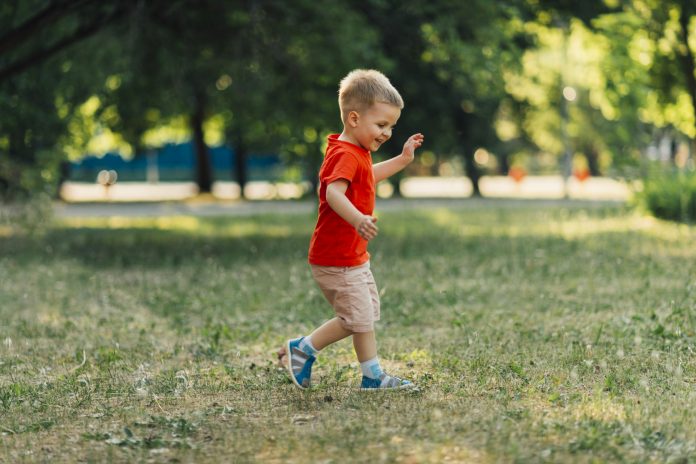Encourage your child to stay active. Swapping tablets for running shoes can make a real difference to their mental well-being. A recent study revealed that maintaining good physical fitness from childhood to adolescence is associated with reduced stress and depression during the teenage years.
Mental health in adolescence is becoming an increasing concern, with more teenagers facing challenges like depression, stress, and anxiety. It is estimated to affect around 25%–30% of young people.
The new study published in Sports Medicine emphasizes the importance of stepping away from screens and encouraging physical activity.
To explore the connection between childhood fitness and adolescent mental health, researchers followed up with 241 participants over eight years. Their findings reveal that better cardiorespiratory fitness and improvements in physical activity during this time were linked to reduced symptoms of stress and depression in the teenage years.
The researchers also noted that better motor fitness, including skills like agility, coordination, and balance during childhood, was linked to improved cognitive abilities and reduced stress and depression in adolescence. However, the connection between motor fitness and depression was not as strong as the link between cardiorespiratory fitness and depression.
“Our findings highlight the importance of assessing several indices of physical fitness to quantify its role in cognition and mental health in research among children and adolescents. These results also suggest that promoting a variety of physical activities and reducing recreational screen time, thereby improving physical fitness, should be used as one option to improve cognition and mental health in youth,” the researchers wrote in the study.
The researchers also noted that screen time during adolescence played a role in understanding how cardiorespiratory fitness and motor fitness affected mental health.
“Our results should encourage policymakers as well as parents and guardians to see the significance of physical fitness more holistically, as poor physical fitness can increase mental health challenges and impair cognitive skills needed for learning,” said Eero Haapala, study author in a news release.
“The whole of society should support physical fitness development in children and adolescents by increasing physical activity participation at school, during leisure time, and in hobbies,” Haapala added.


